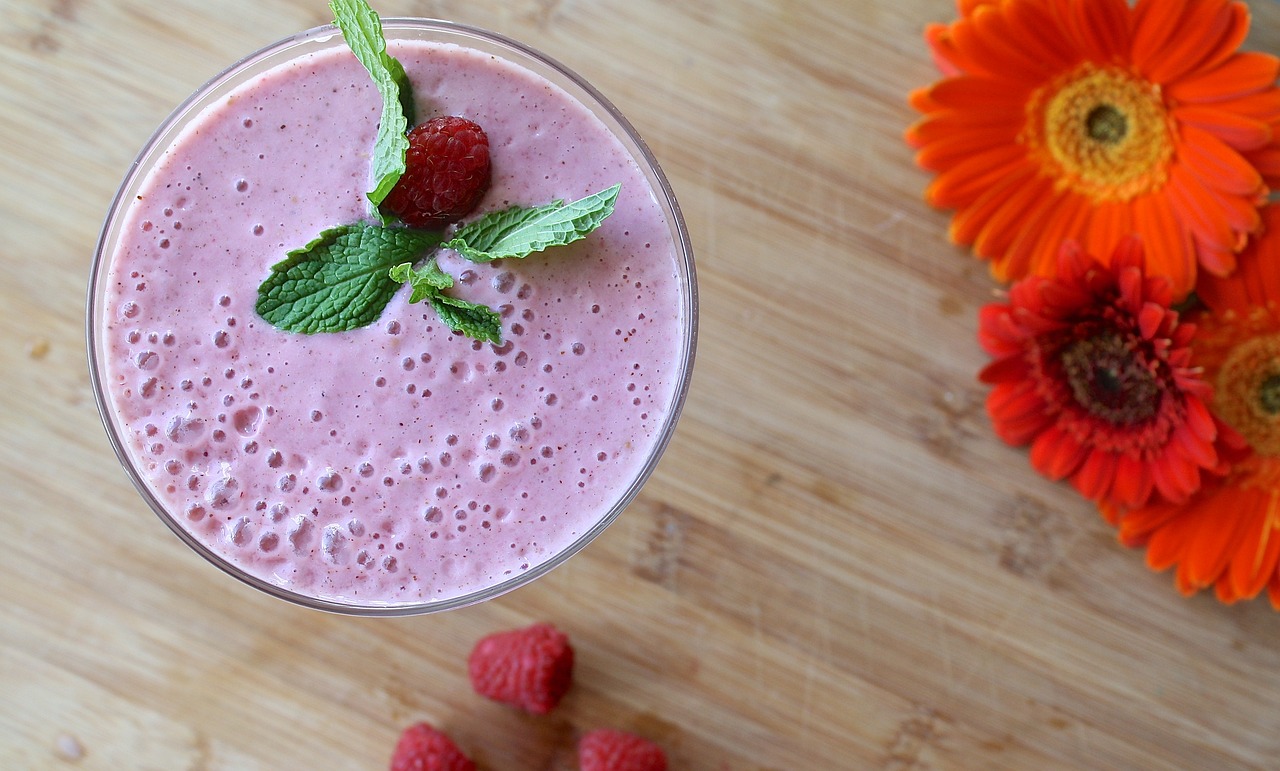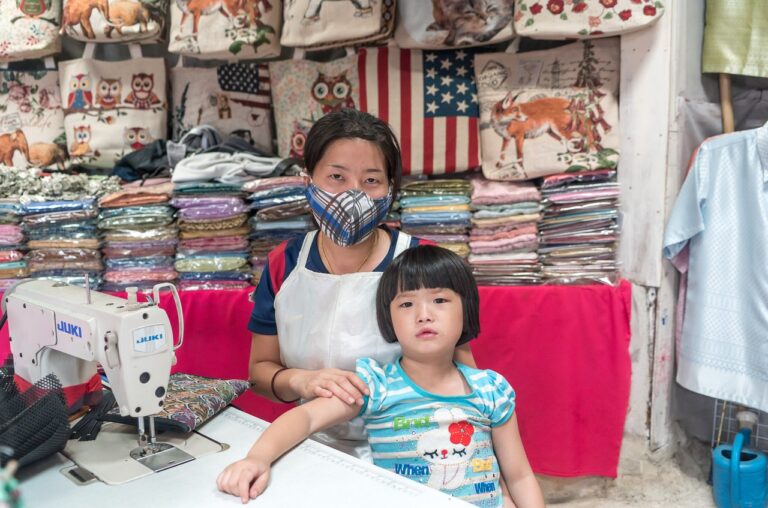Sustainable Living Minimalist Lifestyle: Simplifying Possessions and Embracing Essentialism
Living with less can bring a myriad of advantages to one’s life. By simplifying our surroundings and reducing the amount of possessions we own, we can create a sense of clarity and calmness in our living spaces. This reduction of physical clutter can lead to a more peaceful and organized living environment, making it easier to focus on what truly matters in life. Additionally, having fewer belongings can save time and energy that would otherwise be spent on cleaning and organizing our possessions, allowing for a more efficient and stress-free daily routine.
Creating a Clutter-Free Home Environment
A clutter-free home environment can have a significant impact on your overall well-being. By decluttering and organizing your space, you create a sense of calm and order that can help reduce feelings of stress and anxiety. When your living space is tidy and organized, it becomes easier to focus and feel more at peace in your surroundings.
One effective way to create a clutter-free home is to adopt the principle of minimalism. This means being intentional about the items you choose to keep in your home and only holding onto things that serve a purpose or bring you joy. By being selective about what you bring into your space, you can prevent clutter from accumulating and maintain a more streamlined and serene environment.
Mindful Consumption and its Impact on the Environment
Mindful consumption involves being conscious of our purchasing choices and their environmental implications. By adopting a more mindful approach to consumption, we can reduce waste, minimize our carbon footprint, and contribute to a more sustainable future. Mindless consumption often leads to unnecessary accumulation of goods, which eventually end up in landfills, polluting the environment. It is important to consider the long-term effects of our consumption habits and strive to make choices that align with environmental preservation.
When we practice mindful consumption, we not only benefit the environment but also promote a more conscious way of living. This shift in mindset encourages us to prioritize quality over quantity, valuing the essence and impact of the products we bring into our lives. By choosing products that are ethically sourced, sustainable, and durable, we can make a positive impact on the environment while also enjoying more meaningful and fulfilling possessions. Mindful consumption is not just about what we buy, but also about how we use and dispose of items, making a conscious effort to reduce waste and live in harmony with the planet.
Practicing Mindfulness in Daily Life
Mindfulness in daily life involves being fully present in each moment, consciously engaging with your thoughts, feelings, and surroundings. Start your day with a few minutes of meditation to center yourself and set a positive tone for the day ahead. As you go about your daily activities, pay attention to your breath, the sensations in your body, and the sights and sounds around you. Allow yourself to fully experience each moment without judgment or rushing to the next task.
Simple acts such as eating a meal mindfully, taking a walk in nature, or having a meaningful conversation with a loved one can help you cultivate mindfulness throughout the day. Practice gratitude by reflecting on the things you are thankful for, no matter how small they may seem. By incorporating these mindful practices into your daily routine, you can reduce stress, increase focus, and foster a greater sense of contentment and peace in your life.
Embracing Simple Living for a Happier Life
Embracing simple living can lead to a happier and more fulfilled life. By decluttering our physical spaces and letting go of excess possessions, we create room for clarity and peace of mind. This minimalist approach allows us to focus on the things that truly matter and bring us joy, rather than being weighed down by material belongings that do not serve a purpose.
In addition to decluttering our physical surroundings, simple living encourages us to declutter our minds as well. By practicing mindfulness and being present in the moment, we can reduce stress and anxiety in our daily lives. Embracing a simpler lifestyle enables us to appreciate the beauty in simplicity and find contentment in the little things, leading to a happier and more meaningful existence.
The Connection Between Minimalism and Mental Health
Minimalism and mental health are closely intertwined, with the act of decluttering physical spaces often leading to a decluttering of the mind. When our surroundings are less chaotic and overwhelming, it can help reduce feelings of anxiety and promote a sense of calm and clarity. By letting go of excess belongings and simplifying our environment, we create a peaceful sanctuary that can have a positive impact on our mental well-being.
Moreover, the practice of minimalism encourages mindfulness and intentionality in our daily lives. This mindfulness can help us become more aware of our thoughts and emotions, leading to greater self-awareness and emotional stability. By focusing on what truly brings us joy and fulfillment, we can cultivate a sense of gratitude and contentment that is beneficial for our overall mental health.
Tips for Decluttering and Organizing Your Space
Start by assessing each area of your space and identifying items that you no longer use or need. Be honest with yourself about what brings value to your life and what is simply taking up space. Consider donating or selling these unused items to declutter your space effectively.
Once you’ve sorted through your belongings, designate specific storage areas for each category of items. Use storage solutions like bins, baskets, and shelves to keep things organized and easily accessible. Creating a system for where everything belongs will help maintain a clutter-free environment in the long run.
Understanding the Importance of Quality Over Quantity
Quality over quantity is a principle that emphasizes the value of having fewer high-quality items rather than numerous low-quality possessions. When we prioritize quality in our belongings, we invest in items that are durable, functional, and timeless. Choosing quality over quantity can lead to a more sustainable lifestyle as it reduces the need for frequent replacements, ultimately saving resources and reducing waste.
By opting for fewer but higher-quality possessions, individuals can experience a deeper sense of satisfaction and appreciation for the items they own. Quality items often boast superior craftsmanship and materials, enhancing their aesthetic appeal and ensuring longevity. Embracing quality over quantity encourages mindfulness in consumption and fosters a greater sense of contentment with what one has, rather than constantly seeking more possessions to fill a void.
Minimalist Wardrobe: How to Build a Capsule Collection
For those looking to simplify their wardrobe, building a capsule collection can be a beneficial and efficient approach. A capsule wardrobe consists of a curated selection of essential clothing items that can be mixed and matched to create a variety of outfits. When creating a capsule collection, it is important to focus on pieces that are versatile, well-made, and timeless in style.
To start building a capsule wardrobe, begin by decluttering your current closet and assessing which items you truly wear and enjoy. Keep pieces that you love and that fit well, and consider donating or selling items that no longer serve you. When selecting new pieces for your capsule collection, opt for quality over quantity and choose versatile basics in neutral colors that can easily be paired together. By investing in well-made, timeless pieces, you can create a functional wardrobe that reflects your personal style and simplifies your daily dressing routine.
Implementing Sustainable Practices in Everyday Life
With growing awareness of environmental issues, more individuals are striving to incorporate sustainable practices into their daily lives. One simple way to start is by reducing plastic usage and opting for reusable alternatives such as metal straws, water bottles, and shopping bags. By making conscious decisions to minimize waste, everyone can contribute to a healthier planet and reduce their carbon footprint.
Another sustainable practice to consider is embracing plant-based eating. Consuming less meat and dairy products can significantly lower greenhouse gas emissions and help conserve water resources. Additionally, supporting local farmers and choosing organic produce can promote sustainable agriculture practices and healthier food choices for both individuals and the environment. By making small changes in our everyday habits, we can collectively work towards a more sustainable future.
What are the benefits of living with less?
Living with less can lead to a more organized and clutter-free home, reduced stress and anxiety, lower environmental impact, and a greater sense of contentment and fulfillment.
How can I create a clutter-free home environment?
To create a clutter-free home environment, start by decluttering your space, organizing your belongings, and adopting a minimalist mindset. Regularly assess your possessions and only keep what truly adds value to your life.
What is mindful consumption and how does it impact the environment?
Mindful consumption involves being conscious of the environmental and social impact of the products we use and purchase. By practicing mindful consumption, we can reduce waste, conserve resources, and support sustainable practices.
How can I practice mindfulness in daily life?
To practice mindfulness in daily life, focus on being present in the moment, paying attention to your thoughts and emotions, and making intentional choices that align with your values and goals.
How can embracing simple living lead to a happier life?
Embracing simple living can lead to a happier life by reducing stress, increasing gratitude and mindfulness, fostering stronger relationships, and allowing you to focus on what truly matters to you.
What is the connection between minimalism and mental health?
Minimalism can have a positive impact on mental health by reducing overwhelm, promoting a sense of control and autonomy, fostering creativity and clarity, and improving overall well-being.
What are some tips for decluttering and organizing your space?
Some tips for decluttering and organizing your space include starting small, setting specific goals, categorizing your belongings, creating designated storage areas, and regularly decluttering and reevaluating your possessions.
Why is it important to prioritize quality over quantity?
Prioritizing quality over quantity can lead to a more sustainable and mindful lifestyle, as well as higher satisfaction with the items you own. By investing in high-quality, long-lasting products, you can reduce waste and contribute to a more sustainable economy.
How can I build a minimalist wardrobe with a capsule collection?
To build a minimalist wardrobe with a capsule collection, focus on versatile, high-quality pieces that can be mixed and matched to create a variety of outfits. Consider your personal style, lifestyle, and color palette when curating your capsule wardrobe.
How can I implement sustainable practices in my everyday life?
To implement sustainable practices in your everyday life, start by reducing waste, conserving resources, supporting ethical and eco-friendly brands, and making conscious choices that minimize your environmental impact.







